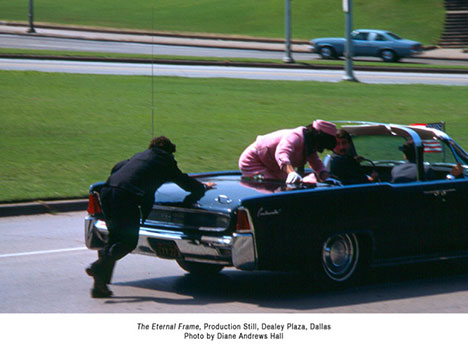In our micro-project, Dion, Brendan, Sam and I decided to explore the art of destruction on how the interaction between a bucket of water, tissue papers, hand soap and a starbucks drink distorts our conceptual understandings of these following objects.
Through our series of interactions, we created a conceptual contradiction between our actions and our preconceived notions of the functions of these following items. For instance, the soap cleans, but in this case it fails to clean the pollution caused by drink; it just makes it worse by dirtying the water further, which is a direct contradiction of the soap’s primary functions.
We physically destroyed the cleanliness of water with a set of solutions that are supposed to work theoretically to produce clean water. Thus, we are embracing and creating conceptual inconsistencies through this contradictory act of physical destruction.

In a sense, we destroyed the semiotics of these objects by taking apart their meanings and functions that we are so used to, in order to demonstrate our set of ideas.
In this case, we incorporated both the physical and ideological destruction to express the fragility of functions that we are so accustomed to in our lives.
To me, this ties in with the art of destruction and glitches, where the constitutions of a subject are manipulated or left to deteriorate, resulting usually the subject to undergo a drastic transformation, beyond the point of return. These diverse forms of destruction however all serve to create meaningful discussions, statements, and ultimately reflections of the societies we respectively live in.
Even though societies are different from each other due to cultures and traditions, we still universally enforce our own rules and conventions in order to give ourselves a routine, and a sense of uniform harmony. To me, this is especially so in this day and age, when technology has developed so far, and is still developing to envision ourselves as a society without human flaws in it.
Although it is not unfounded that human errors are seen as undesirable, it still evokes a sense of human touch and individuality, allowing us to keep in touch with ourselves.
Jon Cates shares this sentiment in his interview where he states ” dirtiness implies there is a human quality in new media, that it is not perfect, it’s not sterile, it’s not removed from real life, but it contains its imperfections, it’s impurities, in a way, it’s organic qualities, that get closer to our “wet” lives, rather than our binary ones.”
Glitch embraces these flaws as seen from Glitch Studies Manifesto, where dirtiness is associated with “a negative feeling makes place for an intimate, personal experience of a machine (or program), a system showing its formations, inner workings and flaws.”
Ant farm also created these projects that were destructive in nature by utilizing the power for images as images tend to be “more powerful than the event itself”.

They utilize the imperfections which we humans are born with in our DNA, which is essentially impossible to eliminate it completely; it is what makes us humans human. And it is this very human quality that the art of destruction and glitch art strives to emulate, to create insightful conversations and opportunities to reflect and question using unconventional methods, just as we have hoped to in our micro-project.














